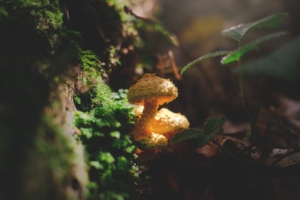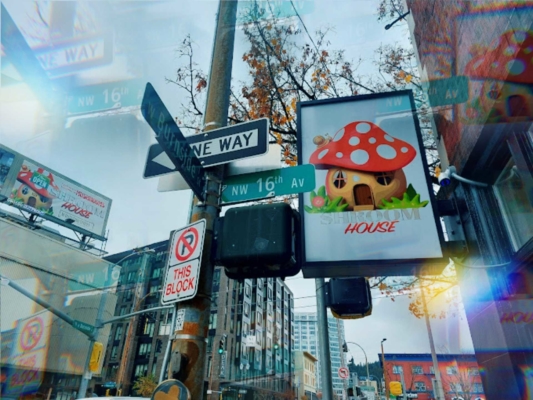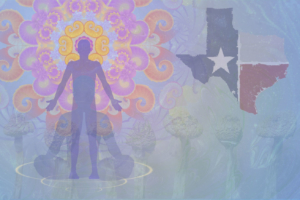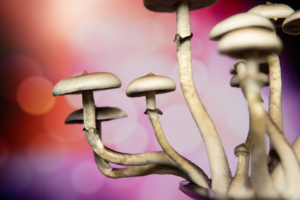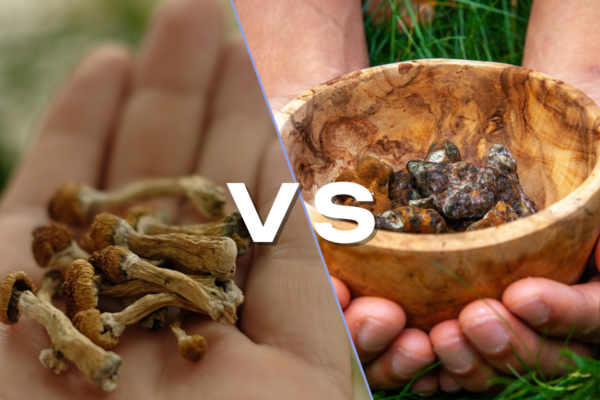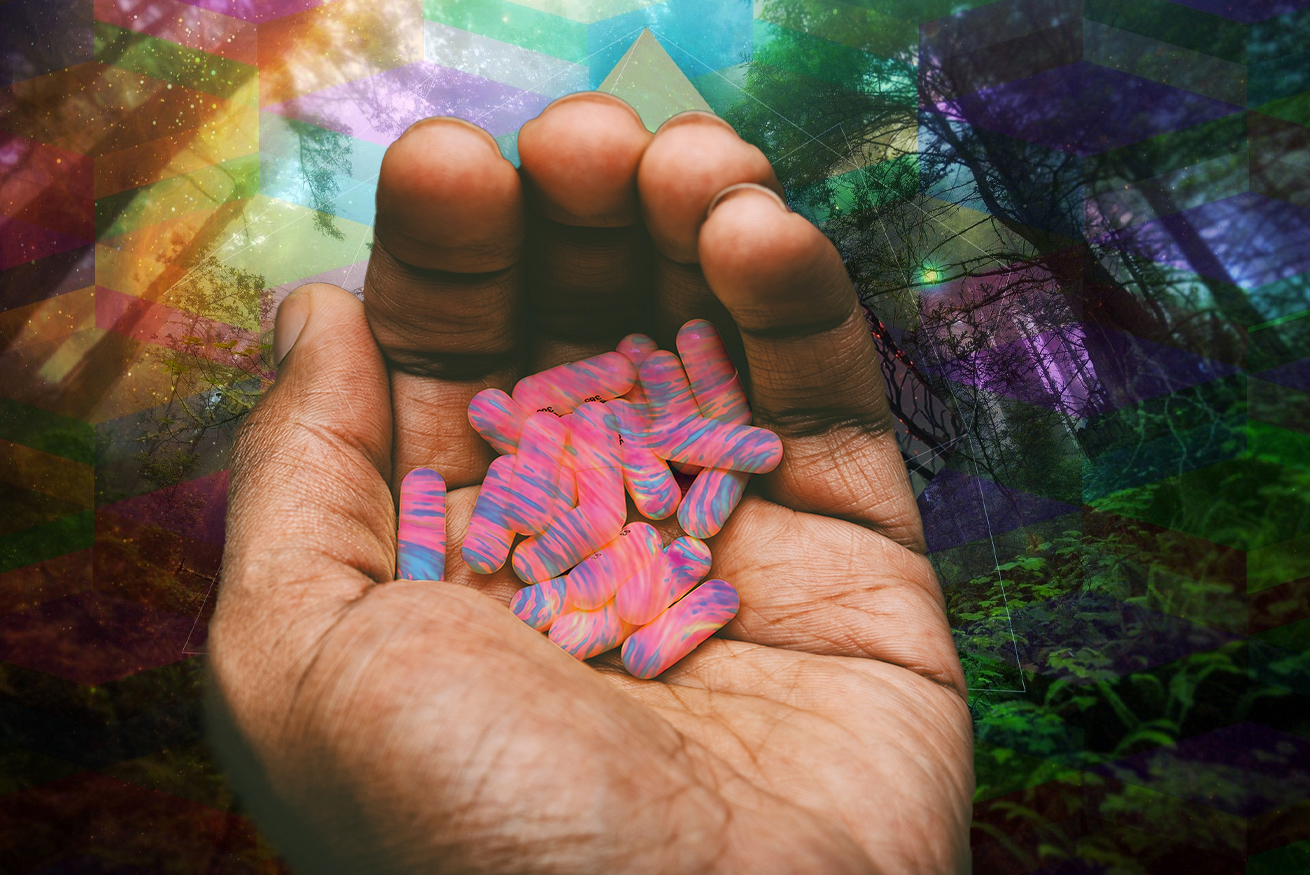
The term “modern medicine” is commonly used to refer to the current field of healing and disease management. Many experts like to hail the marvels of modern America. Ironically, these experts are stumped when asked to explain why America’s health is on the decline. 88% of Americans are metabolically unhealthy. Despite spending more money per capita on healthcare than any other country in the world, America’s healthcare system is failing to improve health outcomes. It is time we question the effectiveness of modern medicine in addressing the growing epidemic of mental health, heart disease, and other health conditions in America.
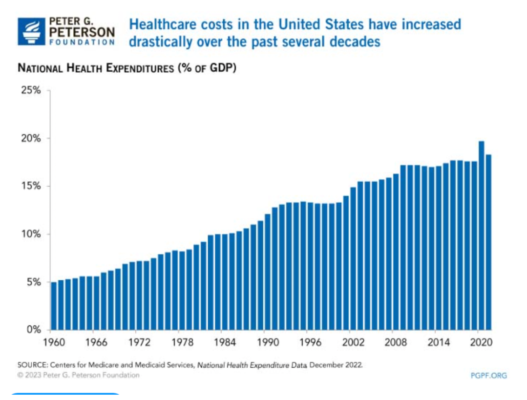
Western Medicine has a tendency to rely heavily on pharmaceuticals to treat a wide range of conditions, without adequately addressing underlying causes and contributing factors. This lack of root cause analysis and care holistic approach to care means Western Medicine often treats patients as a collection of symptoms rather than as a whole person, which can lead to inadequate treatment and a lack of focus on overall wellness. This is why Western medicine is failing to treat the mental health crisis.
America is facing a deluge of health epidemics that are preventable, with tens of millions of people affected and struggling to find effective solutions. The CDC reports suicide is now the 2nd leading cause of death in children. Suicide is the 10th leading cause of death in adults. The National Institute of Mental Health (NIMH) estimates that 1 in 4 American adults experience mental illness each year, with millions more likely to go undiagnosed and untreated. According to the NIH, 80,411 deaths were attributed to the opioid crisis. Over 20 million Americans suffer from a substance abuse disorder annually. This crisis impacts American citizens, their families, and communities.
The Rise of Psychedelic Medicine
In recent years, there has been a significant increase in research on the use of psychedelic substances for therapeutic purposes. This research has shown promising results in treating a variety of mental health conditions, including depression, anxiety, PTSD, addiction, and end-of-life distress.
Two of the most extensively researched psychedelics are psilocybin and MDMA. Psilocybin is derived from a naturally occurring mushroom, while MDMA is extracted from the sassafras tree. Both these substances have been granted breakthrough therapy status by the FDA. Psilocybin has proven effective in treating treatment-resistant depression, anxiety, addiction, and other conditions through assisted therapy. Recently, MDMA-assisted therapy completed stage 3 clinical trials and demonstrated a significant reduction in PTSD symptoms in a group of military veterans.
Psychedelic substances, such as psilocybin (found in “magic mushrooms”), LSD, and MDMA, work by altering brain chemistry and producing profound changes in consciousness. This can lead to a range of experiences, including mystical or transcendent experiences, which are believed to be key to their therapeutic potential. While modern medicine has no answer for the current mental health crisis, it appears to be hostile to the idea of a connection between healing and spirituality.
The West is Appropriating Indigenous Medicine
The appropriation of indigenous medicine by modern Western medicine is unfortunately not a new phenomenon, but rather a continuation of colonialism and cultural exploitation. Psychedelic medicine is a prime example of this appropriation, as it is increasingly being embraced by the medical establishment without an adequate understanding or acknowledgment of its origins in indigenous cultures and respect for the indigenous model of holistic healing.
Indigenous communities have been using plants like ayahuasca, peyote, and mushrooms in traditional healing practices for thousands of years. These plants are considered sacred and are used in ceremonial contexts with deep spiritual and cultural significance. The use of these plants is not simply a matter of taking a pill to alleviate symptoms, but rather a holistic approach to healing that incorporates physical, emotional, and spiritual dimensions.
Tens of thousands of American citizens are leaving the United States annually to seek out indigenous healers and psychedelic plant medicines such as ayahuasca, peyote, and mushrooms for profound healing experiences. Indigenous healing practices often incorporate prayer and sacred songs in their ceremonies, which could offer a new path forward for modern medicine if embraced.
One of the best paths forward is taking time to make relationships with Indigenous peoples and listen and truly learn about their culture. I spoke with Aurelio Dîaz Tekpankalli, Chief of the Itzachitalan Nation based in Mexico how the psychedelic medicine plants should be respected. He said, “We recognize the path of sacred plants as powerful teachers and living beings. We are teaching to use them as a sacrament. We seek and respect their ritual handling and their original ancestral form as a vehicle to achieve a state of consciousness and healing. We reject the hedonistic and irresponsible use of the power of these ancestors. We ask that all other peoples who wish to work with these teachers do the same. Please understand, our people recognize a relationship with all beings and principles that come from the same origin. We assume our legitimate right as heirs and depositories of original knowledge, to practice the teachings and instructions contained in the traditions of our ancestors.”
Unfortunately, modern medicine often disregards the cultural and spiritual significance of these substances and instead focuses solely on their potential medical benefits. In doing so, they are essentially extracting the drugs from their cultural context and repurposing them for their own use, without truly acknowledging or respecting the communities from which they come.
Furthermore, modern medicine often fails to recognize the importance of the traditional healing practices and ceremonies that accompany the use of these substances. In indigenous communities, the use of psychedelics is often accompanied by prayer, ritual, and guidance from experienced healers, all of which are essential components of the healing process. Yet, in the medical world, these practices are often dismissed or ignored in favor of a more clinical approach.
This lack of cultural understanding and respect not only undermines the significance of traditional healing practices but also perpetuates a long history of cultural appropriation and exploitation of indigenous knowledge and resources.
It is important for modern medicine to acknowledge and respect the cultural context and spiritual significance of psychedelic substances, and to work collaboratively with indigenous communities to gain a more comprehensive understanding of the holistic healing practices that accompany their use. By doing so, modern medicine can not only improve the efficacy of its treatments but also work towards a more ethical and respectful approach to medicine as a whole.
Integrating Spirituality into Western Medicine
David H. Rosmarin, assistant professor of psychology at Harvard Medical School and director of the Spirituality and Mental Health Program at McLean Hospital, believes that the benefits of prayer are similar to those of meditation. Studies have shown that prayer can calm the nervous system, reduce the fight or flight response, and make a person less reactive to negative emotions and less angry. However, Rosmarin notes that there is a lack of funding for research on the benefits of spirituality in the medical community.
In a 2005 study published in the Journal of Behavioral Medicine, researchers compared secular and spiritual forms of meditation. The study found that spiritual meditation, where a person focuses on a spiritual word or text, was more effective at calming anxiety and stress, increasing positive mood, and increasing pain tolerance than secular meditation, where a person focuses on something like their breath. Participants who meditated using words of self-affirmation showed similar benefits to those who meditated with words that described a higher power.
To truly address the mental health crisis, it is essential to adopt a more holistic approach that takes into account the spiritual and emotional dimensions of well-being. There is a growing recognition of the need to integrate spirituality and traditional indigenous wisdom into Western Medicine to create a more holistic approach to patient care.
By acknowledging the healing power of indigenous medicine and prayer, western healthcare can foster greater cultural humility and respect for diverse ways of healing. The integration of indigenous medicine and prayer into the western care model, as opposed to appropriation, can create a more holistic approach to patient care that promotes greater well-being and healing for individuals and communities.
Every human being wants and deserves the right to be healthy and happy. By incorporating a spiritual approach to medical treatment, one that considers the patient as a whole person, including their spiritual and emotional well-being, we can build a new system of care.
About the Author
Matthew Weintrub is the author of The Psychedelic Origin of Religion, a psychedelic medicine activist, and the founder of Ohai Wellness – a psychedelic wellness center dedicated to healing the human family.
